Table of Contents
The SBI Clerk Prelims 2025 exam has begun, and candidates are keen to understand the Reasoning Ability section’s trends. The reasoning section plays a crucial role in determining overall performance, as it requires logical thinking, accuracy, and speed. Analyzing the question trends across different shifts of the 1st day can provide valuable insights into difficulty levels, topic weightage, and patterns. Below is a detailed shift-wise analysis of the Reasoning section, focusing on the types of questions asked and their frequency.
Reasoning Analysis: Trending Questions in SBI Clerk Prelims- 1st Day
The SBI Clerk Prelims Reasoning section on Day 1 was dominated by Puzzles and Seating Arrangements, with Syllogism, Series, and Logical Reasoning playing key roles. A structured preparation strategy focusing on high-weightage topics, accuracy, and time management can help candidates excel in upcoming shifts.
Topic-wise Trend Analysis
1. Puzzle & Seating Arrangement – The Dominant Topics
Across all shifts, Puzzle and Seating Arrangement remained the most frequently asked topics, covering nearly 40%–50% of the section. These topics tested logical ability and arrangement skills, making them essential for candidates.
2. Syllogism and Series – Consistent Presence
Both Syllogism and Series were included in every shift, with around 4-5 questions each. Candidates who practised these topics thoroughly could have secured easy marks.
3. Variation in Logical Reasoning Questions
- Direction & Chinese Coding-Decoding were seen in Shift 2 and Shift 3 but not in Shift 1 and Shift 4.
- Blood Relations and Inequality had irregular appearances, making them unpredictable topics.
- Odd One Out was unique to Shift 4, showing that unexpected topics can appear in any shift.
Shift-wise Breakdown of Reasoning Questions
1. Shift 1 Analysis
The first shift had a moderate level of reasoning questions. The major focus was on Puzzles (08 questions) and Seating Arrangement (10 questions). Syllogism (04 questions) and Inequality (03 questions) were also included, making the logical reasoning part significant. Additionally, Series (05 questions) and Blood Relation (03 questions) were asked, testing candidates’ pattern recognition and relationship understanding. Pair Formation (01 question) and Meaningful Word (01 question) were included as one-mark questions, making them easy scoring opportunities.
2. Shift 2 Analysis
The second shift showed an increased number of Puzzle-based questions (12 questions), indicating that puzzles dominated this slot. Seating Arrangements (05 questions) were also included, but there were fewer questions compared to the first shift. Direction (03 questions) was introduced in this shift, making it slightly different from Shift 1. Chinese Coding-Decoding (04 questions) was introduced, adding a logical element to reasoning. Syllogism and Series had 04 and 05 questions, respectively, maintaining their presence across shifts. Meaningful Word (01 question) and Pair Formation (01 question) were present again, providing easy marks for well-prepared candidates.
3. Shift 3 Analysis
This shift had a lower number of Puzzle questions (05 questions) but compensated with Seating Arrangement (10 questions), making this section highly logical. Direction (03 questions) and Chinese Coding-Decoding (05 questions) were also included, indicating a shift towards logical reasoning topics. Syllogism (04 questions), Series (05 questions), and Number-Based (01 question) questions were asked. Pair Formation and Meaningful Word questions were retained, ensuring a mix of easy and moderate difficulty levels.
4. Shift 4 Analysis
The fourth shift again saw a higher number of Puzzle questions (10 questions) and a slightly lower Seating Arrangement (09 questions). Inequality (04 questions) and Blood Relation (03 questions) were included, bringing variety to this shift. Series (05 questions) continued its presence, and a unique question type, Odd One Out (01 question), was asked in this shift. Notably, there were no Direction or Chinese Coding-Decoding questions, making this shift different from the previous ones.
Key Takeaways for Candidates of SBI Clerk Prelims
- Master Puzzles and Seating Arrangement: Since these topics cover 40-50% of the reasoning section, candidates should practice different types, such as Box Puzzles, Floor-Based Puzzles, Circular and Linear Arrangements.
- Focus on Syllogism and Series: These topics appeared in all shifts and were easy-scoring sections.
- Be Prepared for Variability: Topics like Direction, Chinese Coding-Decoding, Blood Relation, and Inequality appeared inconsistently, making conceptual clarity important.
- Manage Time Effectively: Since puzzles are time-consuming, candidates must attempt easier questions first before moving on to difficult ones.

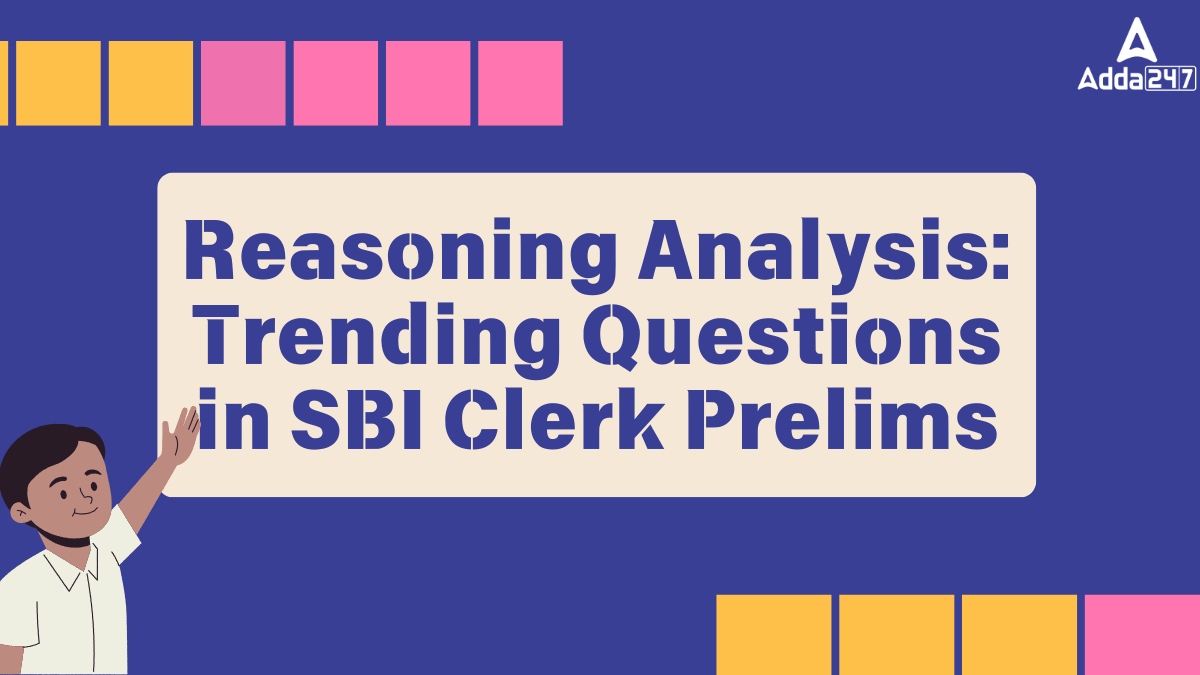
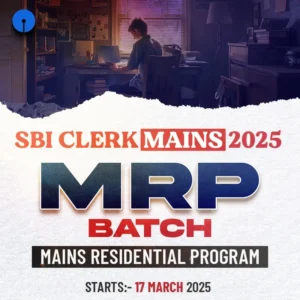

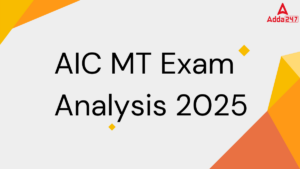 AIC MT Exam Analysis 2025, 15 April Comp...
AIC MT Exam Analysis 2025, 15 April Comp...
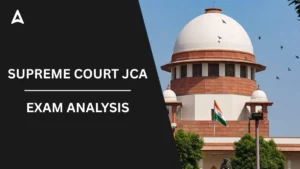 Supreme Court JCA Exam Analysis 2025, Ch...
Supreme Court JCA Exam Analysis 2025, Ch...
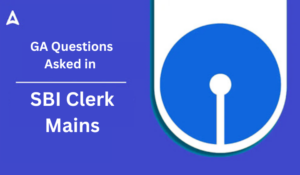 GA Questions Asked in SBI Clerk Mains Ex...
GA Questions Asked in SBI Clerk Mains Ex...





